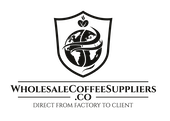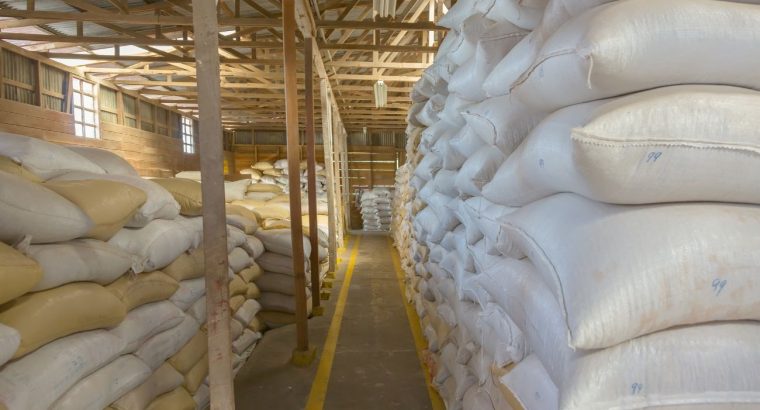Re-known Coffee Certifications
- Fair Trade Certification:
Fair Trade is a certification that aims to promote fair wages and better working conditions for coffee farmers and workers in developing countries. When coffee beans carry the Fair Trade label, it means that the coffee was produced under specific social and environmental standards. These standards include fair pay, safe working conditions, and community development projects. By purchasing Fair Trade coffee, buyers contribute to the well-being of coffee-growing communities and support sustainable livelihoods for farmers.
- Organic Certification:
Organic coffee is grown without the use of synthetic fertilizers, pesticides, or genetically modified organisms (GMOs). Instead, organic farmers rely on natural alternatives to maintain the health of their crops and the environment. Organic certification ensures that coffee beans are cultivated using sustainable farming practices that prioritize soil health, biodiversity, and ecological balance. Choosing organic coffee supports environmentally-friendly farming methods and reduces the exposure of farmers, workers, and consumers to harmful chemicals.
- Rainforest Alliance Certification:
The Rainforest Alliance certification focuses on promoting sustainable land use and conservation efforts in coffee-growing regions. Coffee farms with this certification adhere to rigorous environmental, social, and economic criteria. These include protecting natural resources, wildlife habitats, and biodiversity, as well as ensuring fair treatment of workers and local communities. Buying coffee with the Rainforest Alliance seal encourages responsible farming practices that help conserve valuable ecosystems.
- UTZ Certification:
The UTZ certification program aims to create a more transparent and sustainable supply chain for coffee and other agricultural products. It sets standards for responsible farming, including efficient resource management, fair labor practices, and environmental conservation. UTZ-certified coffee assures buyers that the product they are purchasing meets strict criteria for social and environmental responsibility.
- Direct Trade:
While not a formal certification, the Direct Trade model is gaining popularity among coffee suppliers and buyers alike. Direct Trade involves building direct relationships between coffee buyers and farmers, eliminating intermediaries. By bypassing traditional supply chains, buyers can gain insight into the coffee’s origin, quality, and the farmers’ working conditions. This approach fosters transparency, fair pricing, and sustainable practices in the coffee industry.
Navigating the Coffee Supply Chain
Direct Trade:
Some coffee suppliers engage in direct trade, cutting out middlemen and establishing a direct relationship with the coffee farmers. This practice fosters better communication and ensures that the farmers receive fair compensation for their produce.
Coffee Importers and Exporters:
Importers and exporters play a crucial role in transporting coffee beans from one country to another. They handle the logistics and paperwork involved in international trade, making it possible for coffee beans to reach global markets.
Local Distributors:
Local distributors bridge the gap between large-scale suppliers and smaller retailers or cafes. They ensure that coffee beans are readily available to consumers at a local level.
Conclusion
Finding the perfect coffee beans is an adventure that takes you around the world through diverse flavors and origins. Coffee suppliers play a vital role in ensuring that you get the best beans for your cup of joy. Remember to consider factors like origin, roasting techniques, and ethical practices when choosing a coffee supplier. Now, you’re all set to embark on your coffee journey and savor every sip.
FAQs
Q1: How can I ensure that the coffee beans I buy are ethically sourced?
A1: Look for certifications like Fair Trade, Rainforest Alliance, or Direct Trade, as they indicate that the beans are sourced responsibly and the farmers are fairly compensated.
Q2: Are specialty coffee beans more expensive than regular ones?
A2: Yes, specialty coffee beans are often pricier due to their limited availability and unique flavors.
Q3: What’s the best way to store coffee beans to maintain their freshness?
A3: Store coffee beans in an airtight container away from light, heat, and moisture. Avoid freezing them, as frequent temperature changes can degrade the beans’ quality.
Q4: Can I buy coffee beans directly from the farmers?
A5: In some cases, yes. Some coffee suppliers facilitate direct trade, enabling consumers to purchase beans directly from the farmers, promoting a fair and transparent supply chain.

